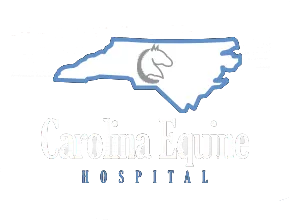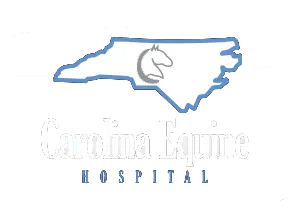Owning a horse can be a big investment in time, money and emotion. Unfortunately, horses seldom come with a money-back guarantee. That’s why it is so important to investigate the horse’s overall health and condition through a purchase exam conducted by an equine veterinarian. Whether you want a horse as a family pet, a pleasure mount, a breeding animal, or a high performance athlete, you stand the best chance of getting one that meets your needs by investing in a purchase exam.
Purchase examinations may vary, depending on the intended use of the horse and the veterinarian who is doing the examination. Deciding exactly what should be included in the purchase examination requires good communication between you and your veterinarian. The following guidelines from the American Association of Equine Practitioners (AAEP) will help ensure a custom-tailored exam:
- Choose a veterinarian who is familiar with the breed, sport or use for which the horse is being purchased.
- Explain to your veterinarian your expectations and primary uses for the horse, including short- and long-term goals (e.g., showing, then breeding).
- Ask your veterinarian to outline the procedures that he or she feels should be included in the exam and why.
- Establish the costs for these procedures.
- Be present during the purchase exam. The seller or agent should also be present.
- Discuss with your veterinarian his or her findings in private. Don’t be afraid to ask questions or request further information about your veterinarian’s findings in private.
An Objective, Informed Opinion
The veterinarian’s job is neither to pass or fail an animal. Rather, it is to provide you with information regarding any existing medical problems and to discuss those problems with you so that you can make an informed purchase decision. Your veterinarian can advise you about the horse’s current physical condition, but he or she cannot predict the future. The decision to buy is yours alone to make but your equine veterinarian can be a valuable partner in the process of providing you with objective, health-related information.
- Body Condition
Poor body condition could be due dental abnormalities preventing the horse from grasping and chewing food properly, or it could indicate the horse is a hard keeper that might cost more to feed in the long run. Obesity, on the other hand, could be genetic or simply due to too much food and not enough exercise. Regardless of the cause, there is a very strong link between obesity and the hoof disease laminitis, especially in ponies and older horses. You must manage these horses’ diets and monitor their weight carefully.
- Evaluate the horse for evidence of previous injury or surgery
Examining the skin might reveal scars from a colic surgery or other procedure. Horses that have colicked in the past—especially those requiring surgery—are more likely to experience colic episodes in the future.
- Mouth Check
Checking the oral cavity for tooth abnormalities that could impact how much dental care the horse might need in the future. This will also give your vet a chance to verify the horse’s age.
- Examining the horse’s eyes
The doctor should check the eyes for superficial lesions on the cornea, anterior chamber (the space between the cornea and the iris), and lens.
- Listening to the Heart
These areas are just the basics. There may be other factors that may be considered when providing the veterinarian with your specific needs. These may include:
- Lameness
- Breeding
Purchasing a horse is an important decision that requires a thorough understanding of any existing or potential medical issues that may exist. The team at Carolina Equine is ready to walk you through this important step. Contact one of our veterinarians to custom design a purchase exam that will suit your needs.
For more information on pre-purchase examinations or scheduling, please contact us.


